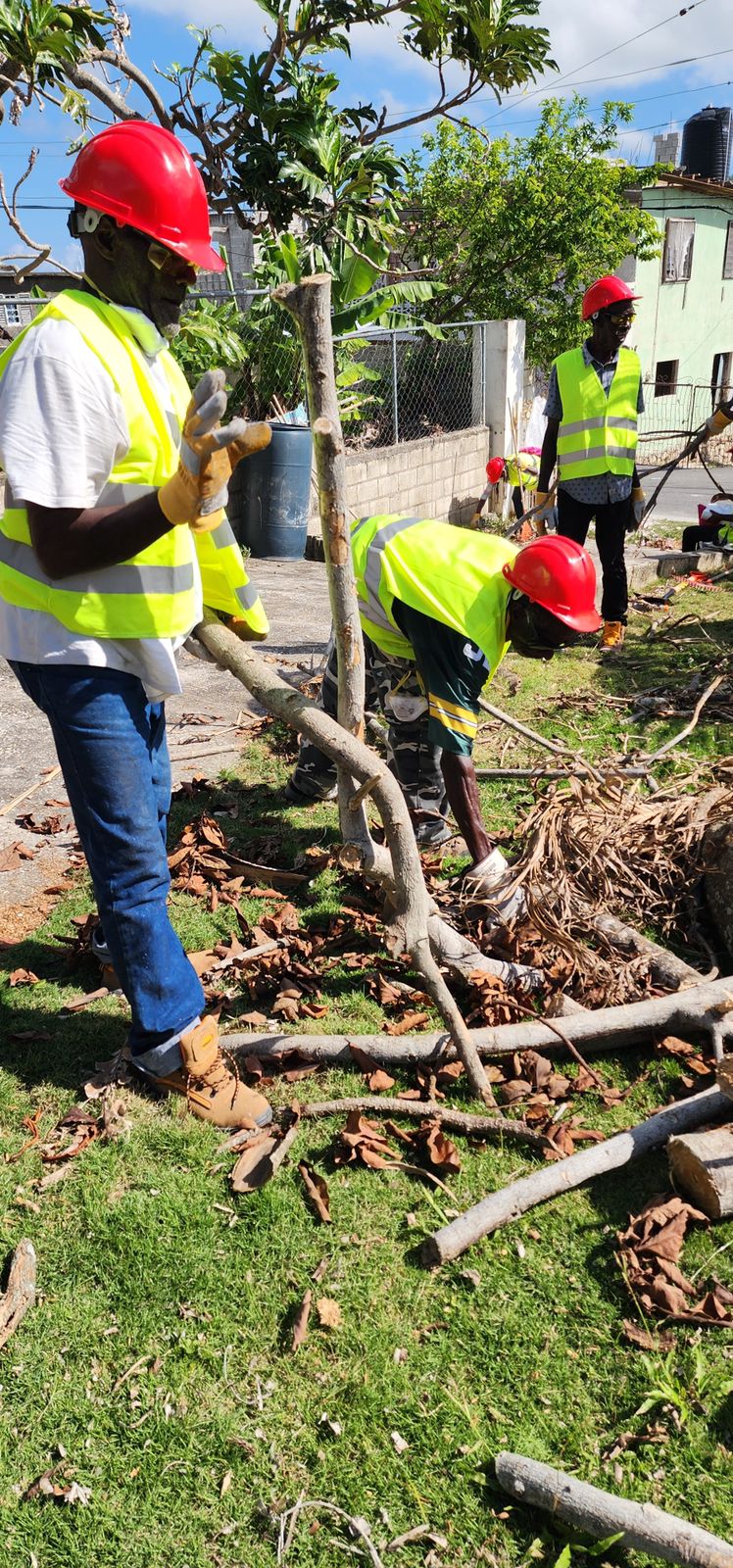Social interventions reduce violence
When the World Health Organization declared that violence is preventable in 2002, it marked a significant shift in the global understanding of violence. With the advancement of research on violence, studies began to reveal that addressing the root causes of violence could significantly reduce violent incidents. The social-ecological model summarises these root causes beyond individual traits associated with violence (e.g., exposure to violent discipline as a child), to relationships (e.g., exposure to parental conflict in the home), community characteristics (e.g., lower social cohesion), and societal factors (e.g., income inequality). The model illustrated that the majority of violent behaviour was not random or inevitable; it was learned behaviour and a symptom of failing social structures. In response, social interventions aim to develop human capital through reducing the risk factors of violence and mobilising protective factors through job training and creation, life skills development, parenting initiatives, access to therapy and conflict resolution initiatives, among other interventions.
.jpeg)
Project STAR
In the news
Take a look at what’s been happening with the project.
GET INVOLVED IN THE TRANSFORMATION!



